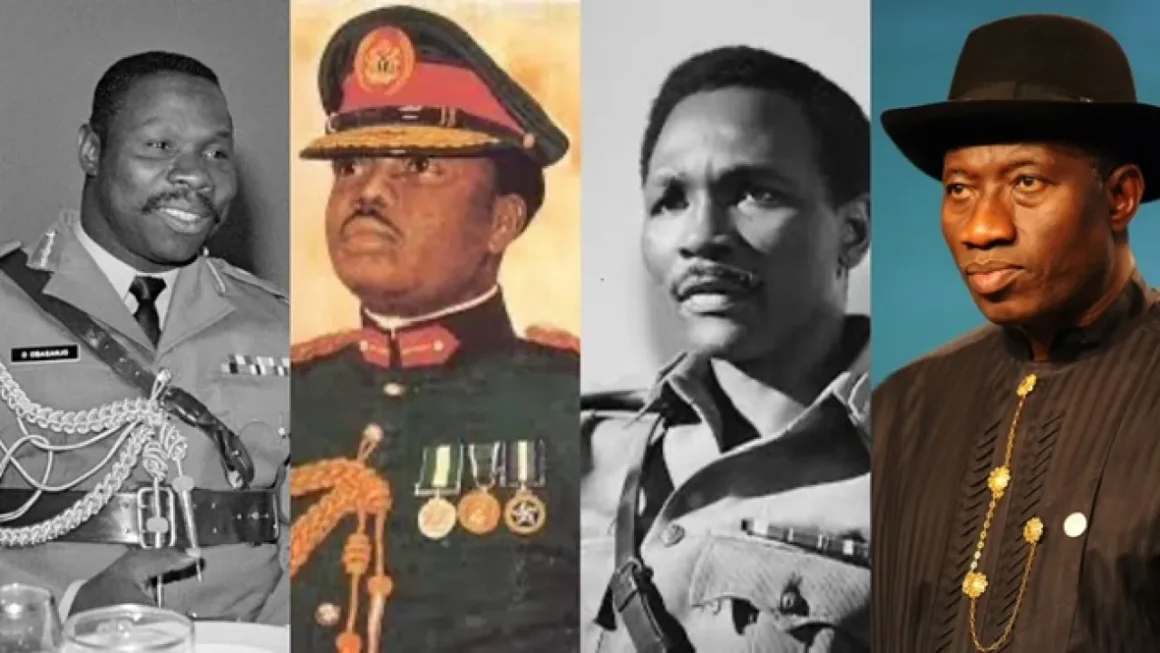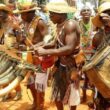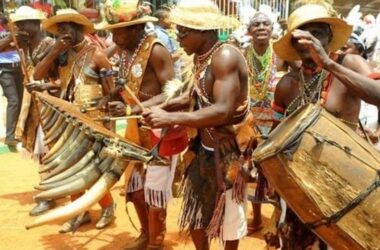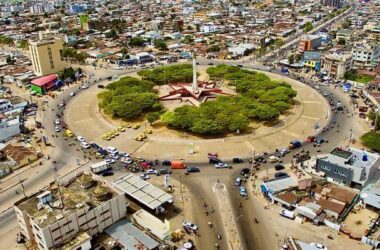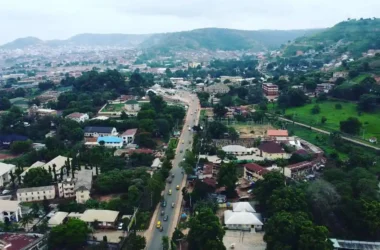Since gaining independence from Britain on October 1, 1960, Nigeria has experienced both democratic governance and military rule. The names of Nigerian presidents from 1960 till date reflect the country’s dynamic political history, shaped by transitions between civilian and military leadership.
The country started as a parliamentary democracy before transitioning into a presidential system in 1963, becoming a republic. Over the decades, Nigeria has undergone multiple military coups, transitions to civilian rule, and democratic elections.
This article provides a comprehensive list of Nigeria’s heads of state, covering both civilian and military leaders, their tenures, and significant achievements. This document extensively covers the names of Nigerian presidents from 1960 till date and their respective impacts on the country.
List of Names of Nigerian Presidents from 1960 Till Date
Nigeria has witnessed significant political transformations since gaining independence in 1960, with leadership transitioning between civilian and military rulers. The names of Nigerian presidents from 1960 till date reflect the country’s complex political history, including democratic elections, military coups, and leadership transitions. Below is a comprehensive list of Nigerian heads of state, highlighting their tenures and contributions to the nation’s development.
1. Abubakar Tafawa Balewa (October 1, 1960 – January 15, 1966)
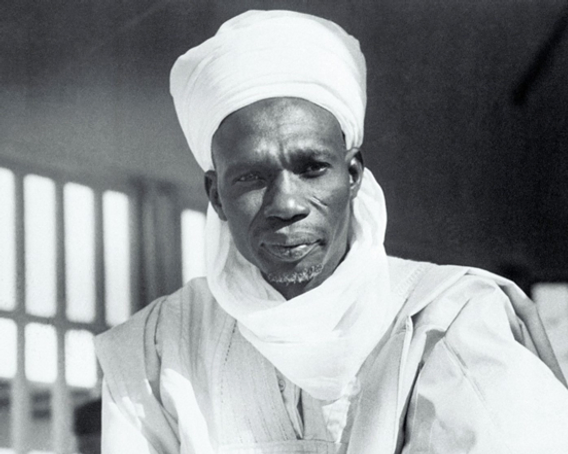
- Title: Prime Minister
- The first and only Prime Minister of Nigeria, Balewa was a key figure in negotiating Nigeria’s independence. His tenure ended with his assassination in the 1966 coup.
- Background: Born in 1912 in Bauchi, Balewa was a teacher before entering politics. A northerner and member of the Northern People’s Congress (NPC), he was knighted by Queen Elizabeth II in 1960.
- Tenure: As Nigeria’s first prime minister after independence, he led a coalition government with Nnamdi Azikiwe as Governor-General. His administration focused on nation-building but faced regional tensions and electoral disputes
- Key Events: The 1964 elections were marred by violence and rigging allegations, deepening ethnic and regional divides.
- End: Assassinated in the January 15, 1966, coup by young Igbo officers, marking the end of the First Republic.
- Legacy: Known for his diplomatic speeches, including Nigeria’s independence address, but criticized for failing to curb corruption and unrest.List of Nigerian Presidents and Heads of State (1960–Present)
2. Nnamdi Azikiwe (October 1, 1960 – January 15, 1966)
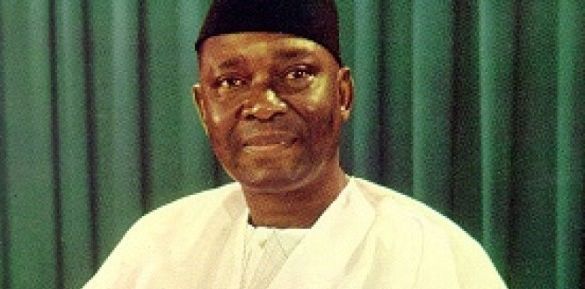
- Titles: Governor-General (1960–1963), President (1963–1966)
- A nationalist and the first President of Nigeria, he played a pivotal role in the independence movement. He was overthrown in the 1966 military coup.
-
Background: Born in 1904 in Zungeru, an Igbo from the East, Azikiwe was a nationalist, journalist, and founder of the National Council of Nigeria and the Cameroons (NCNC). Educated in the U.S., he was a key figure in the independence movement.
- Tenure: Initially the ceremonial Governor-General under Queen Elizabeth II, he became Nigeria’s first president when it became a republic in 1963, though power rested with Balewa.
- Key Events: Oversaw the transition to a republic but had limited executive authority. The 1966 coup ended his tenure.
- End: Removed from office during the coup; he survived and later advised during the civil war.
- Legacy: Revered as a founding father, “Zik” symbolized unity, though his presidency was largely symbolic
3. Johnson Aguiyi-Ironsi (January 16, 1966 – July 29, 1966)

- Title: Military Head of State
- Nigeria’s first military ruler, he attempted to unify the country under a unitary system but was overthrown and killed in a counter-coup.
4. Yakubu Gowon (August 1, 1966 – July 29, 1975)

- Title: Military Head of State
- Led Nigeria through the Biafra War (1967–1970) and introduced policies for national unity. Overthrown in a coup while abroad.
- Background: Born in 1924 in Umuahia, an Igbo, he was a career soldier who rose to become the Nigerian Army’s first indigenous commander.
- Tenure: Took power after the 1966 coup, aiming to stabilize the country. He abolished the federal system, introducing a unitary government via Decree No. 34, which alarmed northern leaders.
- Key Events: His short rule was marked by ethnic tensions, as the coup was seen as Igbo-led.
- End: Killed in a counter-coup by northern officers in July 1966 in Ibadan.
- Legacy: His unitary decree fueled distrust, contributing to the Nigerian Civil War.
5. Murtala Mohammed (July 29, 1975 – February 13, 1976)
- Title: Military Head of State
- Popular for his anti-corruption stance, Mohammed was assassinated in an attempted coup just seven months into his rule.
- Background: Born in 1934 in Plateau State, a Christian from the Middle Belt, Gowon was a lieutenant colonel when he assumed power at age 31.
- Tenure: Led Nigeria through the Biafran Civil War (1967–1970), declaring “No victor, no vanquished” to promote reconciliation. Introduced the 12-state structure to weaken regional power.
- Key Events: Oversaw oil boom beginnings but faced criticism for delaying civilian rule.
- End: Overthrown in a bloodless coup in 1975 while at an OAU summit in Uganda.
- Legacy: Credited with preserving Nigeria’s unity but blamed for postwar corruption and indecision.
6. Olusegun Obasanjo (February 13, 1976 – October 1, 1979)
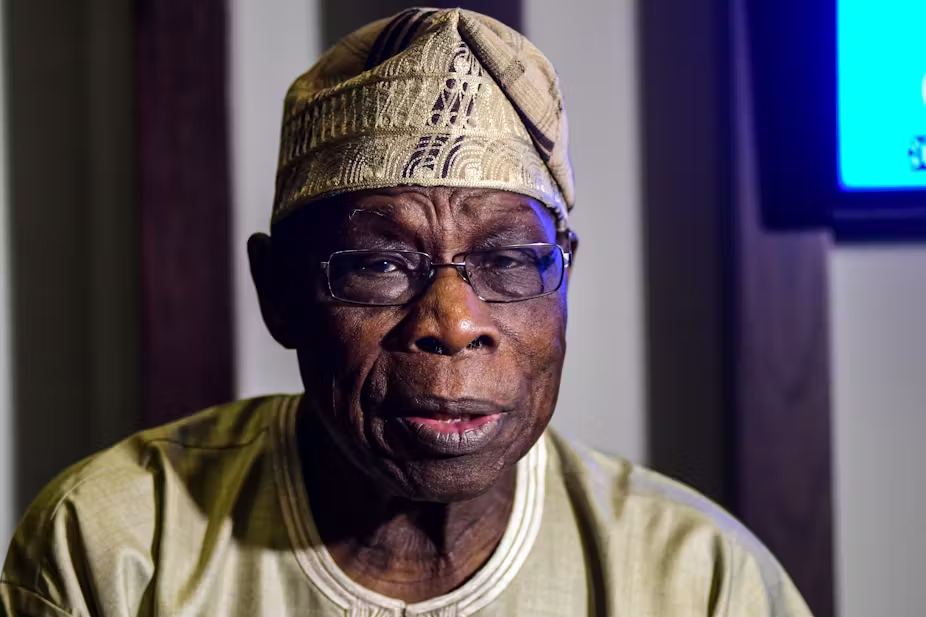
- Title: Military Head of State
- Implemented the transition to civilian rule, handing power to an elected government in 1979.
- Background: Born in 1937 in Ogun State, a Yoruba, Obasanjo was a civil war hero and Mohammed’s deputy.
- Tenure: Continued Mohammed’s policies, hosting FESTAC ’77 and transitioning to civilian rule with the 1979 Constitution.
- Key Events: Strengthened Nigeria’s global presence and managed oil wealth.
- End: Voluntarily handed over power to Shehu Shagari, a rare move for a military ruler.
- Legacy: Praised for democratic transition; returned as civilian president later.
7. Shehu Shagari (October 1, 1979 – December 31, 1983)
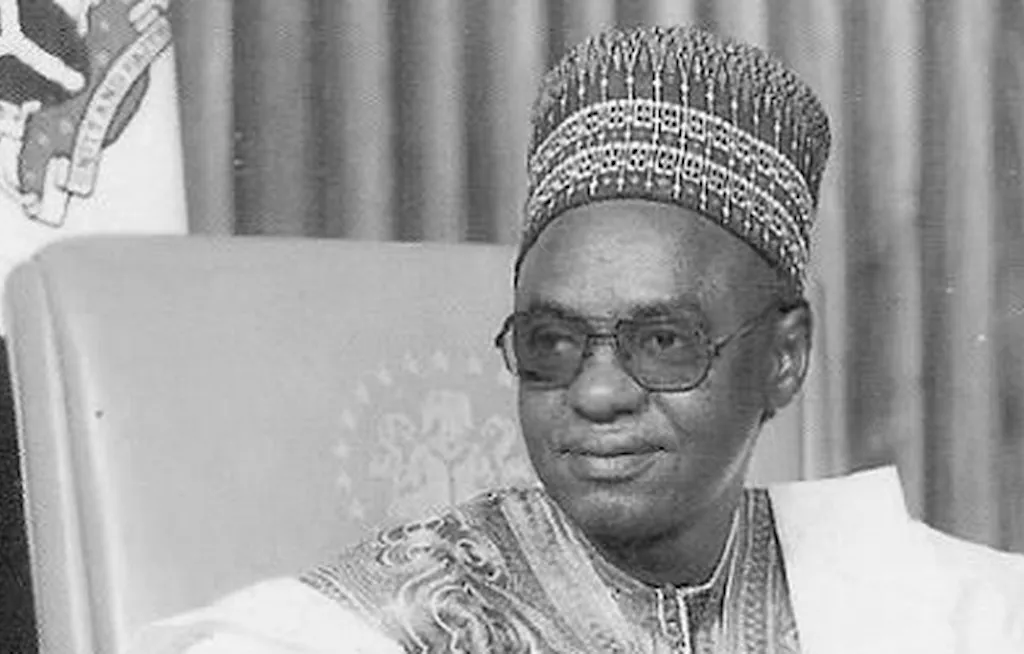
- Title: President
- Led the Second Republic with policies aimed at economic development but was overthrown due to corruption allegations.
- Background: Born in 1925 in Shagari, a Fulani northerner, he was a teacher and NPC politician before becoming president.
- Tenure: Led the Second Republic under a U.S.-style presidential system, focusing on education and housing.
- Key Events: Economic decline due to falling oil prices and 1983 election rigging allegations destabilized his rule.
- End: Overthrown by Buhari in a coup.
- Legacy: Seen as well-intentioned but overwhelmed by corruption and economic woes.
8. Muhammadu Buhari (December 31, 1983 – August 27, 1985)

- Title: Military Head of State
- Focused on anti-corruption and discipline but was removed in a coup for his authoritarian approach.
- Background: Born in 1942 in Katsina, a Fulani northerner, he was a disciplined soldier.
- Tenure: Launched the “War Against Indiscipline,” cracking down on corruption and inefficiency.
- Key Events: Harsh economic policies and human rights abuses drew criticism.
- End: Deposed by Babangida in a palace coup.
- Legacy: Polarizing; later returned as civilian president.
9. Ibrahim Babangida (August 27, 1985 – August 26, 1993)
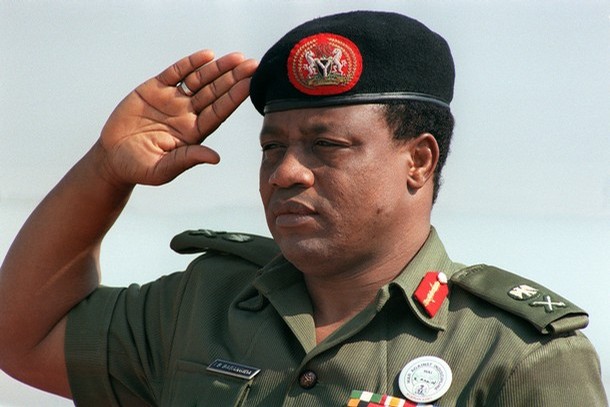
- Title: Military President
- Introduced economic reforms but is infamous for annulling the June 12, 1993, presidential election.
- Background: Born in 1941 in Niger State, a northern Muslim, known as “Maradona” for political shrewdness.
- Tenure: Introduced Structural Adjustment Programs (SAP) and partial democratization but annulled the 1993 election won by Moshood Abiola.
- Key Events: Economic hardship and political repression marked his rule.
- End: Stepped down amid protests, installing an interim government.
- Legacy: Controversial for economic policies and election annulment.
10. Ernest Shonekan (August 26, 1993 – November 17, 1993)
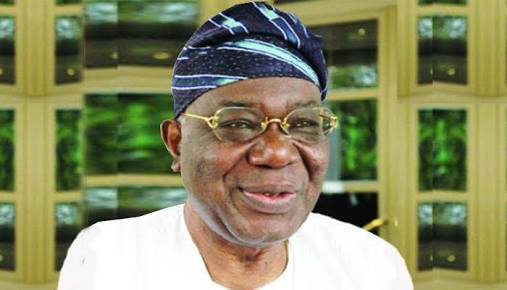
- Title: Interim Head of State
- Led an interim government but was quickly ousted by Sani Abacha.
- Background: Born in 1936 in Lagos, a Yoruba businessman, he headed the United Africa Company.
- Tenure: Led a weak interim government post-Babangida, lacking military support.
- Key Events: Powerless against economic chaos and political unrest.
- End: Ousted by Abacha in a coup.
- Legacy: A brief, ineffective tenure.
11. Sani Abacha (November 17, 1993 – June 8, 1998)
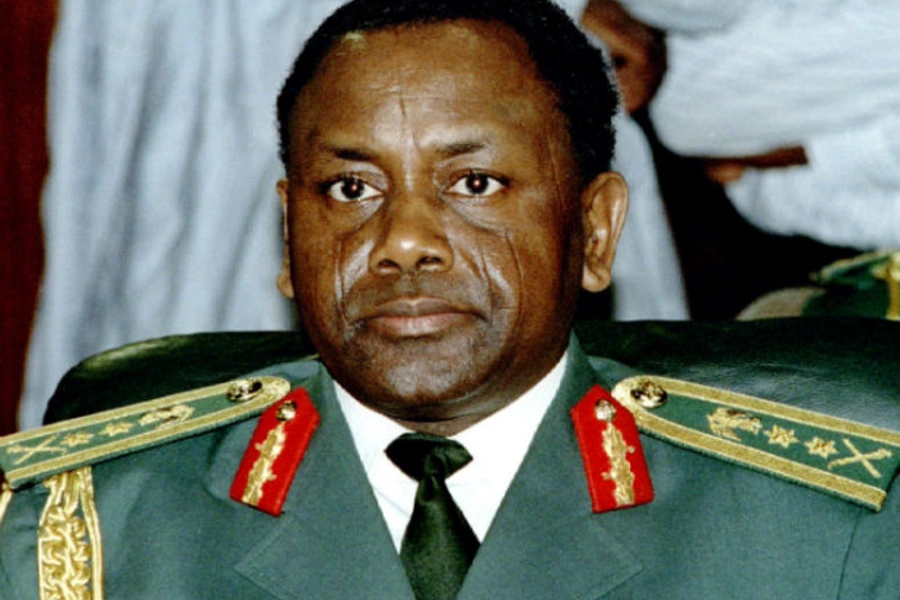
- Title: Military Head of State
- His regime was marked by authoritarianism, economic growth, and human rights abuses.
- Background: Born in 1943 in Kano, a northern Muslim, he was a coup veteran.
- Tenure: Ran a repressive regime, looting billions and executing dissidents like Ken Saro-Wiwa.
- Key Events: Nigeria became a pariah state; Abiola died in custody.
- End: Died suddenly, possibly poisoned, in 1998.
- Legacy: Synonymous with tyranny and corruption.
12. Abdulsalami Abubakar (June 8, 1998 – May 29, 1999)
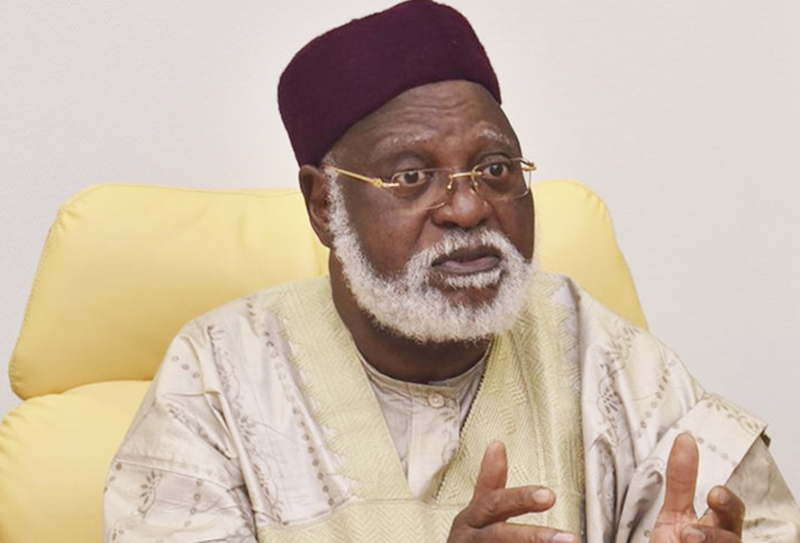
- Title: Military Head of State
- Led the transition to democracy and oversaw Nigeria’s return to civilian rule.
- Background: Born in 1942 in Niger State, a northerner, he was Abacha’s deputy.
- Tenure: Swiftly transitioned to civilian rule, releasing political prisoners.
- Key Events: Organized the 1999 elections won by Obasanjo.
- End: Handed over power peacefully.
- Legacy: Credited for restoring democracy.
13. Olusegun Obasanjo (May 29, 1999 – May 29, 2007)

- Title: President
- Focused on economic reforms, debt relief, and anti-corruption efforts during Nigeria’s Fourth Republic.
14. Umaru Musa Yar’Adua (May 29, 2007 – May 5, 2010)
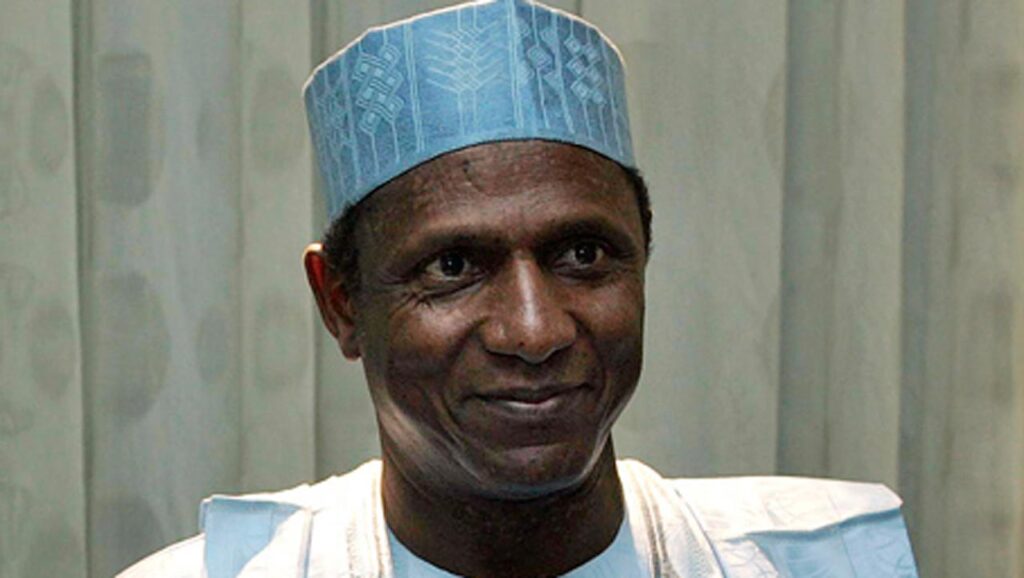
- Title: President
- Known for his pro-rule-of-law policies, but his tenure was cut short by illness.
-
Legacy: Seen as honest but frail.
15. Goodluck Jonathan (May 6, 2010 – May 29, 2015)

- Title: President
- Advocated electoral reforms, economic development, and fought against Boko Haram insurgency.
- Background: Born in 1957 in Bayelsa, an Ijaw from the South, he was a zoologist and vice president.
- Tenure: Managed Boko Haram’s rise, economic growth, but faced corruption scandals.
- End: Lost 2015 election to Buhari.
- Legacy: First incumbent to concede defeat peacefully.
16. Muhammadu Buhari (May 29, 2015 – May 29, 2023)

- Title: President
- Led efforts to combat corruption and terrorism but faced economic challenges and security issues.
17. Bola Ahmed Tinubu (May 29, 2023 – Present, as of February 24, 2025)
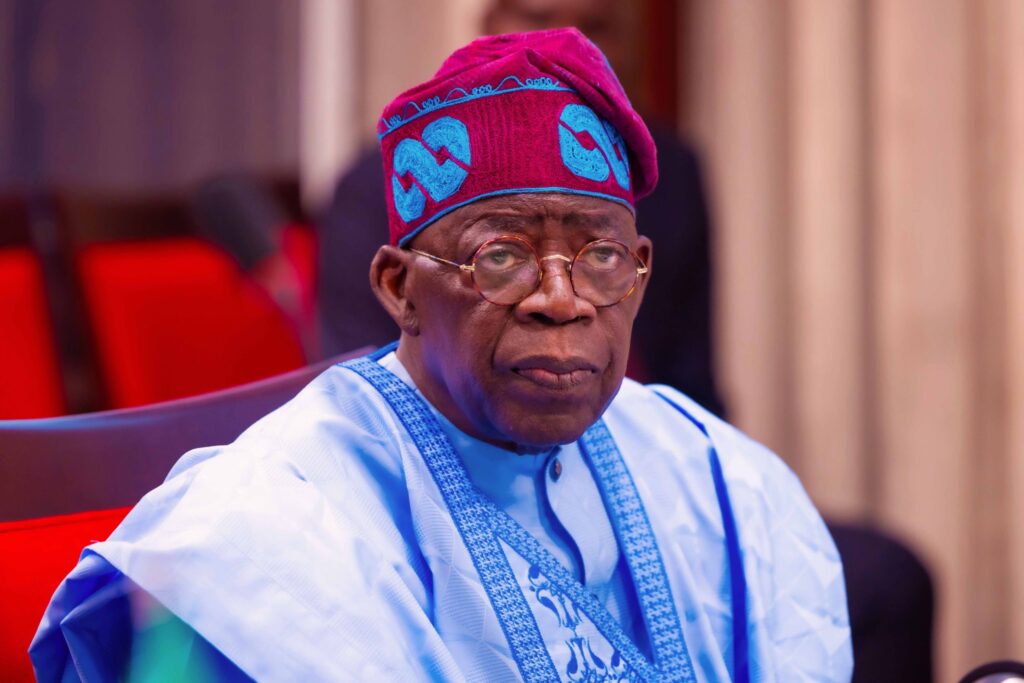
- Title: President
- Background: Born 1952 in Lagos, Yoruba Muslim. Studied in the U.S. (Chicago State, 1979), worked at Mobil Oil. Senator in 1992, exiled during Abacha’s rule, governed Lagos (1999–2007), founded APC (2013).
- Tenure: Took office May 29, 2023. Axed fuel subsidies, floated naira, and boosted infrastructure amid economic strain.
- Key Events: Election win (37%) sparked fraud claims. Inflation and insecurity (banditry, insurgency) persist as of February 24, 2025.
- Legacy: Bold reformer or divisive figure—jury’s out. Economic moves praised and panned; past wealth questions linger.
Conclusion
This comprehensive document provides a detailed account of the names of Nigerian presidents from 1960 till date, highlighting their significant contributions, challenges, and impact on Nigeria’s development. Nigeria’s political landscape has been marked by a series of transitions, from colonial rule to a complex interplay of military and civilian leadership.
Each era has left an indelible mark on the country’s development, shaping governance structures and influencing socio-economic progress. The historical trajectory of Nigeria’s leadership offers valuable lessons on resilience, policy evolution, and the challenges of nation-building.
